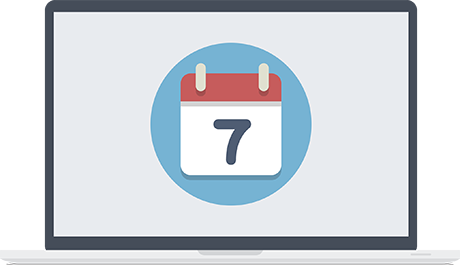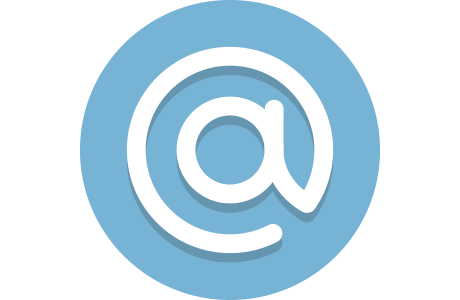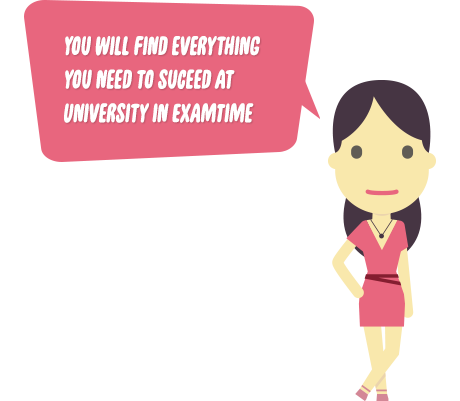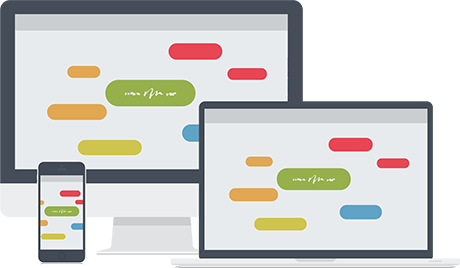A Successful Assignment
With all the analysis and research that goes into assignments, being faced with your first individual project at university can be somewhat overwhelming.
The key in producing a successful assignment is taking into consideration the necessary characteristics and requirements for the project.
In this page, we provide you with tips, tools and resources you can use to tackle your individual project and achieve your desired goal.
Join Now to Test our Free Study Tools5 Key Stages
While many might enjoy working alone, the challenging fact about individual assignments is that the responsibility is entirely yours so you have to work extra hard to get the desired result.
To ensure you accomplish this, consider the following:
- Planning
- Research & Data collection
- Organisation
- Editing
- Presentation
Planning
The first thing you should do is define and frame the topic that your lecturer or you set to work. If the topic for the individual assignment was handed to you by the lecturer, be sure to plan the project according to the lecturer’s instructions.
If in turn you have the option to select a topic, do not choose one that is very broad. Reduce it to the scope of your research. This way, you can be sure you are not taking on large amounts of information, allowing a more in-depth analysis of your chosen topic.
Set the sources you will consult and carefully plan the time available.
Tip: Mind Maps are great for planning and organising ideas


Research & Data Collection
After you know exactly the subject of research, the next step is determining the type of information needed to support your work.
- Establish a plan
- Find were you should look for information and the best sources available
- Any alternative methods of retrieving information?
Information can be collected on the internet; specific books; newspapers; media interviews, discussions, conferences, etc. You can also make use of more than 1 million learning resources available to you in the ExamTime public library.
Organisation
Organise the information collected and arrange them according to your intended objectives.
It is important to carefully read everything and decide which aspects are useful for your work. Extract only the necessary information. Do not cave into the need to include everything in your project. It is not the quantity but the quality that matters.
Tip: Make sure to reference all sources to avoid plagiarism.

Editing
This step involves the application of all the information necessary to solve the task defined in the first step. Restructure and reorganise your information. Your work should consist of a clear introduction, development and conclusion.
- Introduction- Clearly pesent the topic to be discussed
- Development – This is the body of your work. Explain the topic and findings that support it.
- Conclusion – Show what was learned, summarise your work and give your opinion based on your findings.
You can make use of our online study tools to edit your project in an efficient way.
Sign up Now to Use our ToolsPresentation
Many students don’t give this final stage much importance. However, how you present your assignment can play a great part in the final grade so it is worth making sure your document is visually appealing to the reader while highlighting the key points of your work.
Tip: All types of university assignments must contain a bibliography, even if it is just a PowerPoint presentation to the class. Leave it for the last slide.
Once your work is concluded, reread it making sure that you are pleased with it. It is also a good idea to get someone else’s feedback.
Join Now to Start your Assignment
 Previous:
University Notes
Previous:
University Notes 


